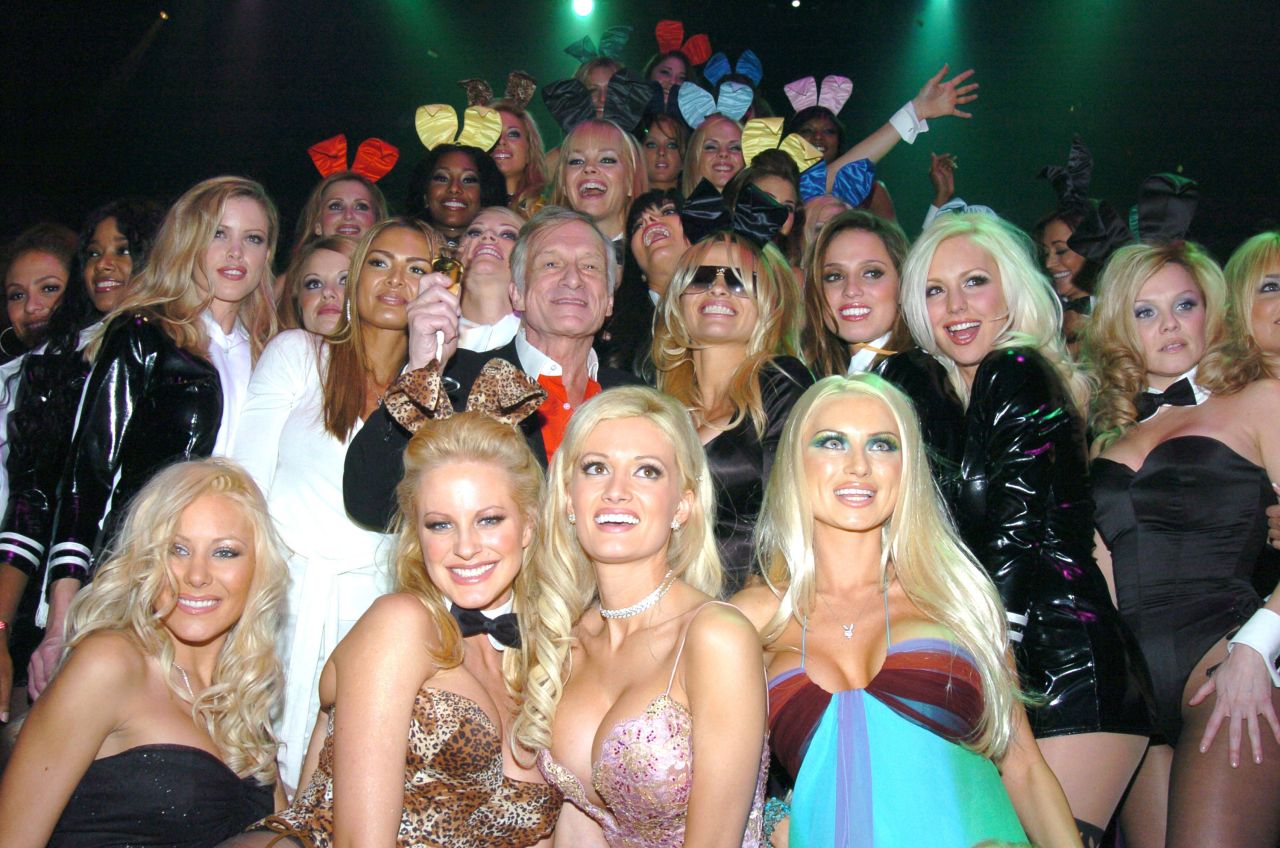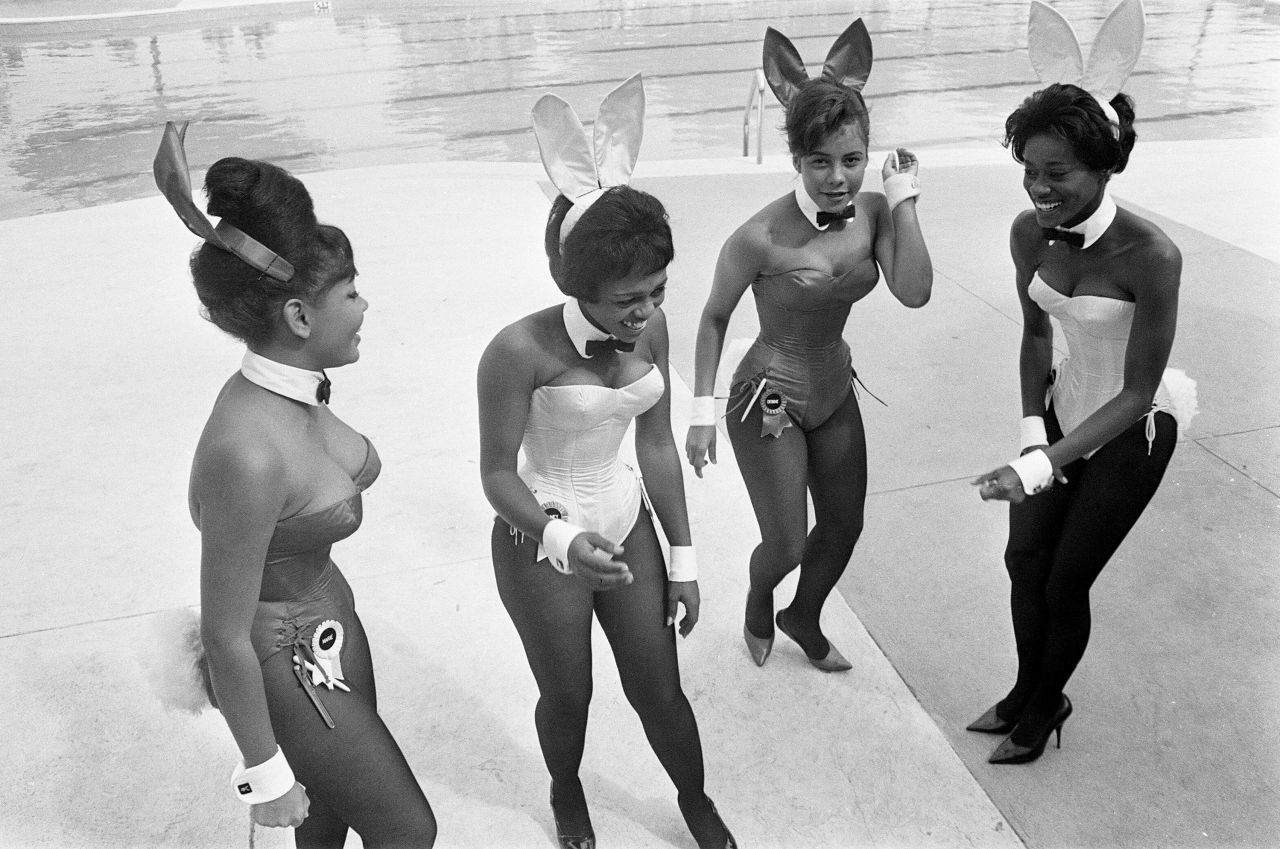Editor’s Note: The views expressed in this commentary are solely those of the writers. CNN is showcasing the work of The Conversation, a collaboration between journalists and academics to provide news analysis and commentary. The content is produced solely by The Conversation.
The Conversation
—
Playboy Magazine was launched by Hugh Hefner 70 years ago. The first issue featured a nude photo of Marilyn Monroe, purchased and published without her knowledge or consent.
Over the years, Playboy built its brand on the beauty and sexuality of the women featured in its pages.
However, as Playboy approaches its 70th anniversary, the brand has undergone drastic changes. With the magazine no longer in publication, the Playboy Mansion sold, and London’s Playboy Club closing down, Playboy is adapting to the post-#MeToo era.
Hugh Hefner passed away shortly before the #MeToo movement gained momentum. In response, Playboy released a statement denouncing Hefner’s actions and disassociating from his family.
READ MORE: Sex, love and companionship … with AI? Why human-machine relationships could go mainstream
Recent years have seen a reassessment of Hefner’s legacy and his relationships with women. The docuseries “The Secrets of Playboy” revealed allegations of sexual misconduct against Hefner by several ex-girlfriends.

Playboy’s relationship with women has always been complicated. While the brand has supported causes such as abortion rights and inclusivity, it has mostly featured women who fit within a narrow beauty standard.
Hefner’s personal relationships with his girlfriends were also problematic, with allegations of control and emotional abuse. Former girlfriend Holly Madison described Hefner’s treatment of her as demeaning in her memoir.
While Hefner avoided the consequences of the #MeToo movement, Playboy responded by cutting ties with the Hefner family and focusing on values of sex positivity and free expression.
Today, Playboy is a different company. It has a predominantly female staff, a motto of “Pleasure for All,” and 40% of its board and management is made up of women.
Playboy has also embraced creator-led content through its app, Playboy Centerfold, which allows interaction with its creators referred to as “bunnies.”

Through Playboy Centerfold, creators have control over how they present their bodies, empowering them on their own terms. This signifies a departure from catering solely to the male gaze.
Hugh Hefner’s reality series “The Girls Next Door” introduced a new audience to Playboy, showcasing the lives of his girlfriends and gaining a significant female following.
The series depicted the three women as empowered individuals exploring their sexuality, but also revealed Hefner’s control and interference in their lives.
Madison and Marquardt, two stars of “The Girls Next Door,” have launched a podcast in which they speak about their experiences and interact with fans, demonstrating the enduring interest in the Playboy brand.
The podcast’s success indicates that despite its troubled history, Playboy still resonates with some women.
In the post-#MeToo era, Playboy is evolving, embracing the empowerment of women and reclaiming its brand.

Top Image: Hugh Hefner with Playboy “bunnies” in London in 1966.











